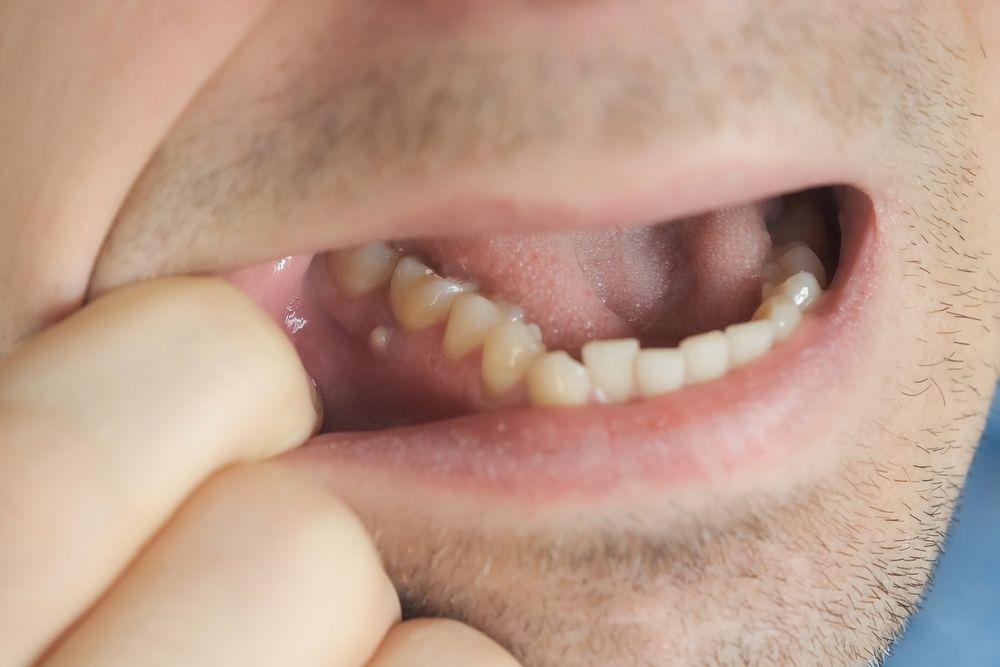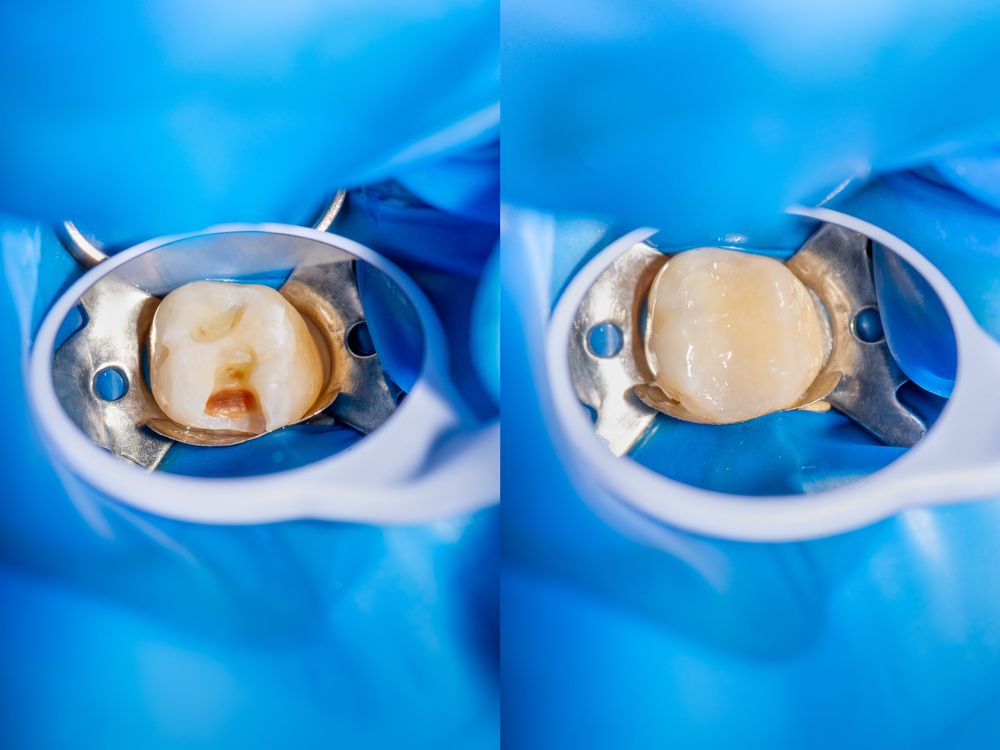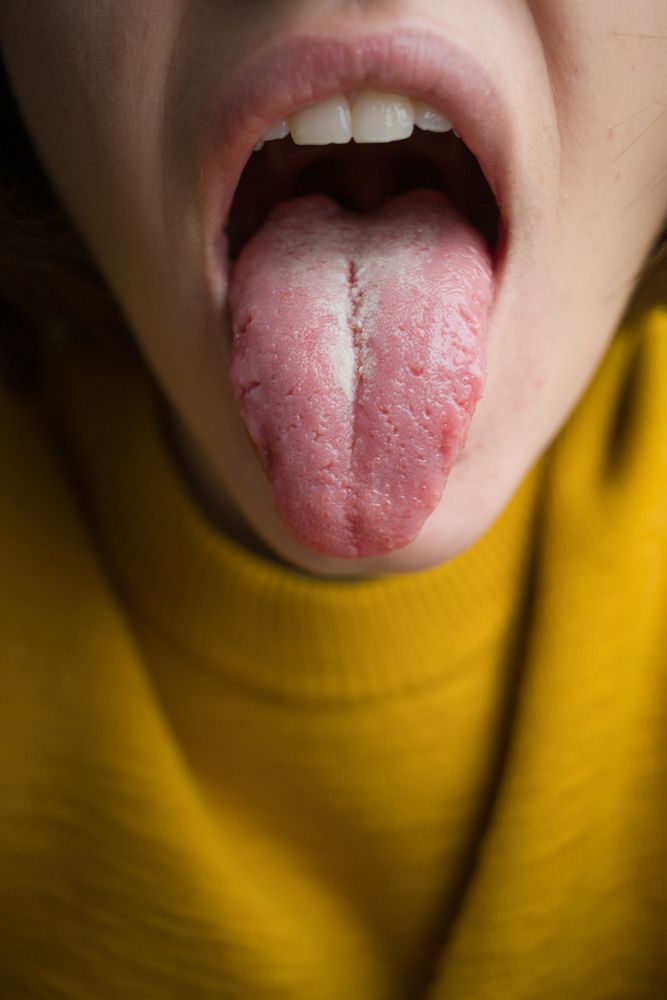Stress has become an unavoidable part of modern life, affecting individuals from all walks of life. From hectic work schedules to personal challenges, stress can take a toll on both our mental and physical well-being. While many are aware of the impact of stress on mental health, its adverse effects on oral health often go unnoticed. The relationship between stress and oral health is significant, with mounting evidence indicating that high-stress levels can lead to a range of dental problems. In this blog, we will explore the various ways in which stress affects oral health and offer some practical tips to minimize its impact.
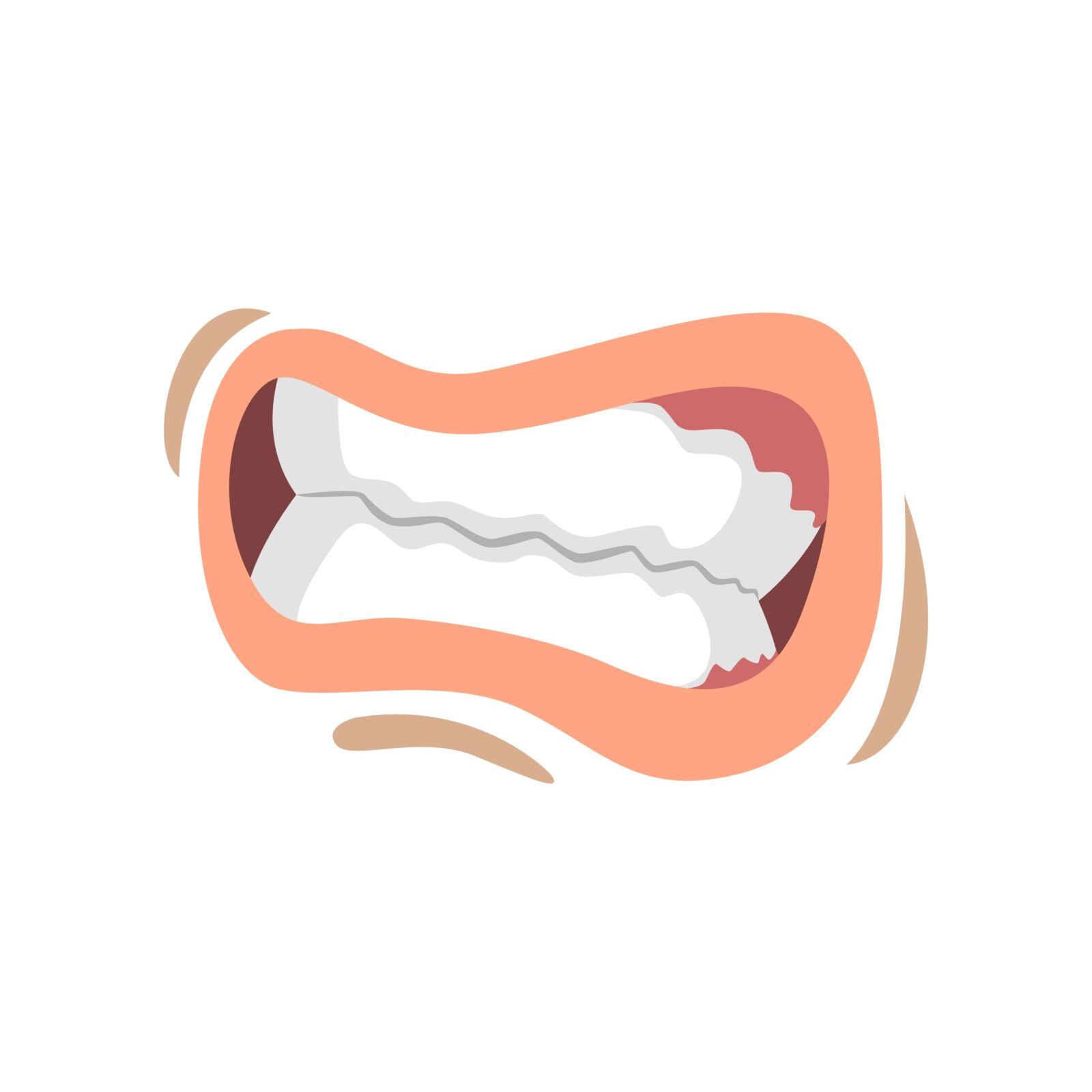
Bruxism: The Grind Behind Stress
One of the most common oral health issues related to stress is bruxism, commonly known as teeth grinding or clenching. When under stress, many individuals unconsciously grind their teeth, especially during sleep. Bruxism not only wears down the enamel, leading to tooth sensitivity and fractures but can also cause headaches and jaw pain. If left untreated, it can result in severe dental complications.
Gum Disease: A Stressful Attack on Oral Health
Stress can weaken the immune system, making it harder for the body to fight off infections, including periodontal disease. Chronic stress can alter the body’s inflammatory response, allowing harmful bacteria to thrive in the mouth, leading to gum inflammation and periodontitis. This condition not only affects oral health but has also been linked to various systemic health issues.
Neglecting Oral Hygiene: The Stressful Oversight
High-stress levels can disrupt our daily routines, leading to neglect of essential self-care practices like oral hygiene. Skipping brushing, flossing, and regular dental check-ups can pave the way for dental issues to develop and worsen over time. Additionally, stress may drive some individuals towards unhealthy habits such as tobacco use and excessive alcohol consumption, further compromising oral health.
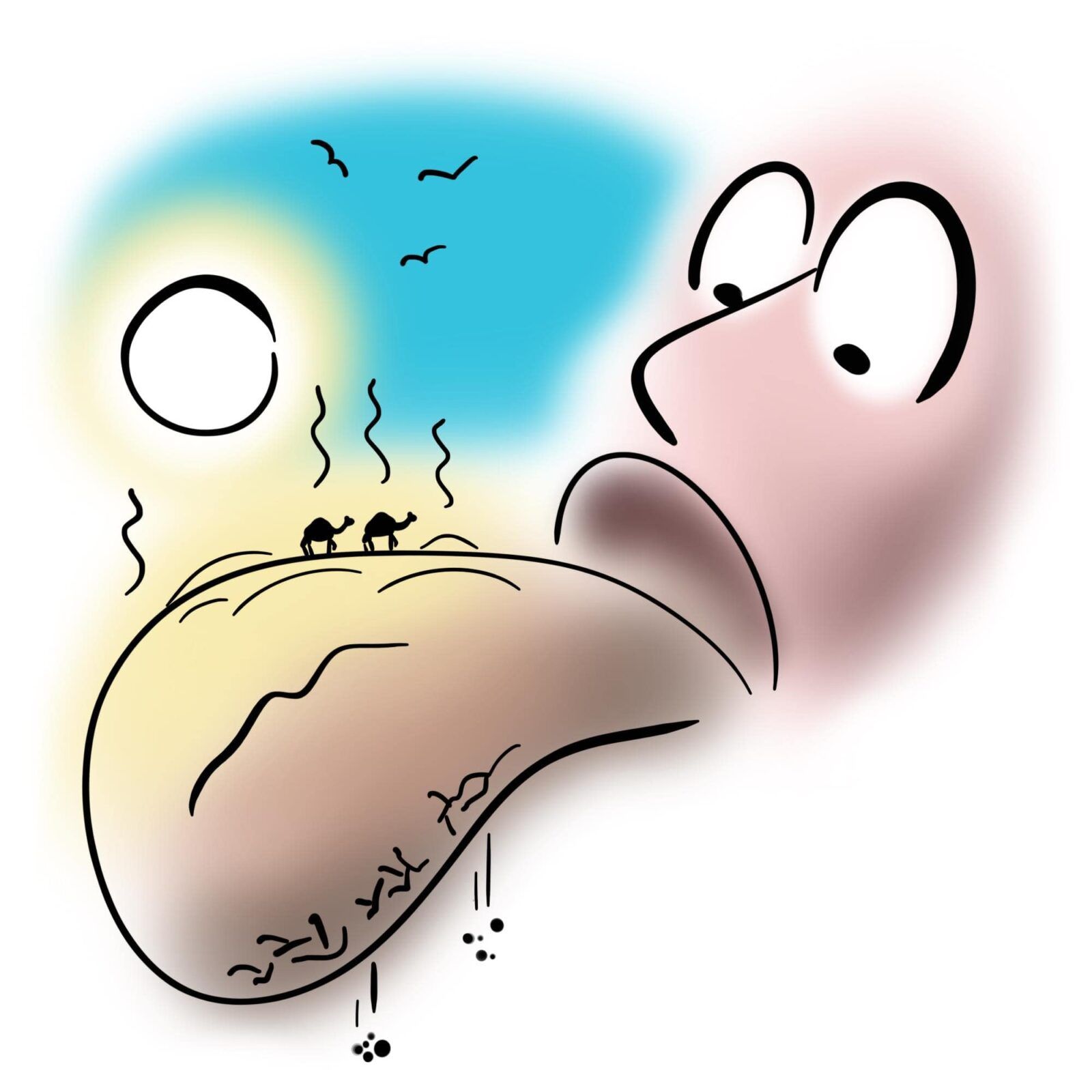
Dry Mouth: The Salivary Side Effect
Stress and anxiety can trigger a reduction in saliva production, resulting in dry mouth. Saliva plays a crucial role in maintaining oral health by neutralizing acids, washing away food particles, and preventing bacterial growth. A dry mouth environment can lead to bad breath, increased tooth decay risk, and discomfort while speaking and eating.
Canker Sores and Cold Sores: Stressful Oral Lesions
Stress can also exacerbate or trigger the development of oral lesions, such as canker sores and cold sores. Canker sores are small, painful ulcers that appear inside the mouth, while cold sores are caused by the herpes simplex virus and typically occur on the lips. Both conditions can be painful and discomforting, adding to the overall stress burden.
In Conclusion:
The impact of stress on oral health is a significant concern that often goes overlooked. From bruxism and gum disease to dry mouth and oral lesions, stress can wreak havoc on our dental well-being. Acknowledging the connection between stress and oral health is essential for adopting preventive measures and making self-care a priority. Regular dental check-ups, stress reduction techniques, and maintaining a consistent oral hygiene routine are vital steps in mitigating the negative effects of stress on our oral health. Remember, a healthy smile goes beyond just brushing and flossing; it requires a holistic approach that addresses both our mental and dental well-being.

